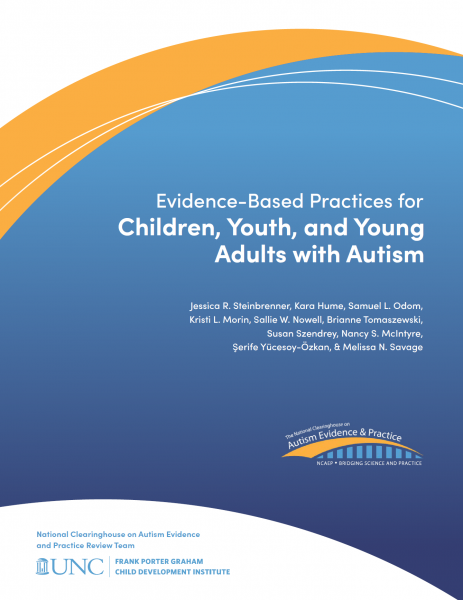Autism is currently one of the most prominent and widely discussed human conditions. Its increased prevalence has brought it to the attention of society in the United States, with world wide recognition. Much discussion surrounds the conceptualization of autism as a disability or as a set of unique skills that can be seen as strengths (Urbanowicz et al., 2019). Although there is truth in both, there is also much verification that the life course for many individuals with autism, from infancy and into adulthood, is challenging for them and their families (Shattuck et al., 2018). In efforts to have a positive impact on this life trajectory, personnel in early intervention, schools, clinics, and other human service programs search for practices that could be most effective when working with children and youth with autism. The increased prevalence of autism has intensified the demand for effective educational and therapeutic services, and intervention science is providing mounting evidence about practices that positively impact outcomes.
The purpose of this report is to describe a set of practices that have clear evidence of positive effects with autistic children and youth. The report is the third iteration of a systematic review that has examined the intervention literature (Odom, Collet-Klingenberg, et al., 2010; Wong et al., 2014; 2015), extending the coverage to articles published between 1990 and 2017.
